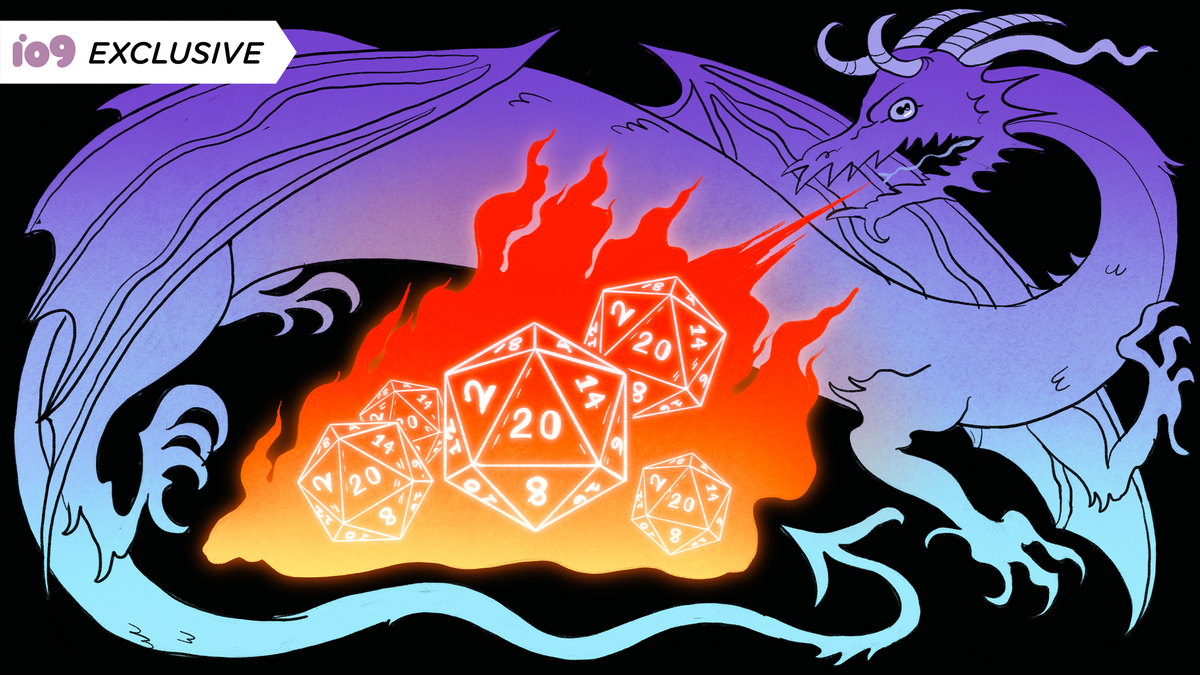There was supposedly a leak of Wizards of the Coasts Open Gaming License which allows all sorts of third parties to utilize Dungeons and Dragons 5th Edition for their own content. With the upcoming release of One DnD, there were confirmed reports that Wizards would charge a 25% royalty for any DnD related content that made over $750,000 annually.
However these leaked details have revealed that potentially, the new OGL Wizards is releasing will be even more restrictive, exploitative and upon release intends to negate the previous Open Gaming License.
One of the notable changes to the OGl is that:
1. ALL COMMERCIAL PRODUCTS will require their creators to report their work to Wizards of the Coast. Royalties will only be asked of any revenue in excess of 750K. So if you make 800K, you owe 25% royalties on 50K of that. (which was known already) The only exception is money raised on Kickstarter... the royalty then is only 20%.
2. WotC gets the right to use any content that licensees create, whether commercial or non-commercial. Although this is couched in language to protect Wizards’ products from infringing on creators’ copyright, the document states that for any content created under the updated OGL, regardless of whether or not it is owned by the creator, Wizards will have a “nonexclusive, perpetual, irrevocable, worldwide, sub-licensable, royalty-free license to use that content for any purpose.”
3. Creators will be required to use a specific badge in order to publicly and obviously identify their work as covered by the updated OGL, and they will have to give WotC a copy of the publication. The early draft suggests that many of these processes will be handled through the company’s official digital toolset, D&D Beyond.
4. The company “can modify or terminate this agreement for any reason whatsoever, provided We give thirty (30) days’ notice.”

 gizmodo.com
gizmodo.com
However these leaked details have revealed that potentially, the new OGL Wizards is releasing will be even more restrictive, exploitative and upon release intends to negate the previous Open Gaming License.
One of the notable changes to the OGl is that:
1. ALL COMMERCIAL PRODUCTS will require their creators to report their work to Wizards of the Coast. Royalties will only be asked of any revenue in excess of 750K. So if you make 800K, you owe 25% royalties on 50K of that. (which was known already) The only exception is money raised on Kickstarter... the royalty then is only 20%.
2. WotC gets the right to use any content that licensees create, whether commercial or non-commercial. Although this is couched in language to protect Wizards’ products from infringing on creators’ copyright, the document states that for any content created under the updated OGL, regardless of whether or not it is owned by the creator, Wizards will have a “nonexclusive, perpetual, irrevocable, worldwide, sub-licensable, royalty-free license to use that content for any purpose.”
3. Creators will be required to use a specific badge in order to publicly and obviously identify their work as covered by the updated OGL, and they will have to give WotC a copy of the publication. The early draft suggests that many of these processes will be handled through the company’s official digital toolset, D&D Beyond.
4. The company “can modify or terminate this agreement for any reason whatsoever, provided We give thirty (30) days’ notice.”

Dungeons & Dragons’ New License Tightens Its Grip on Competition
An exclusive look at Wizards of the Coast's new open gaming license shows efforts to curtail competitors and and tighten control on creators of all sizes.
 gizmodo.com
gizmodo.com


